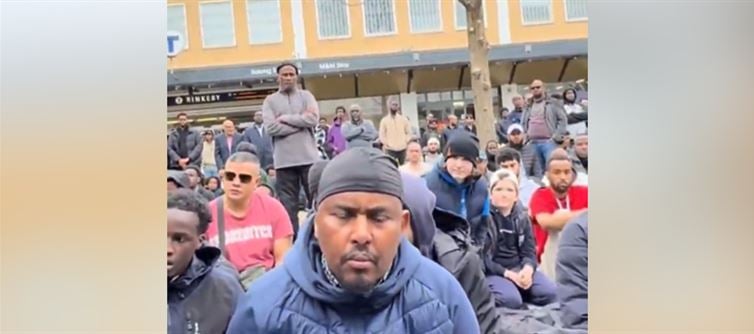
In most cases, Muslims in europe worship within mosques or community centers, not in open public spaces. On the few occasions when mass prayers take place outdoors, it is either during religious festivals or due to a lack of space, especially in densely populated immigrant neighborhoods. These events are usually peaceful and time-bound, similar to other public religious or cultural gatherings. In fact, european cities regularly host public demonstrations, concerts, and spiritual events of all faiths that temporarily occupy public areas.
However, such imagery of mass outdoor prayers is often used in political or media narratives to stir up fear and frame islam as incompatible with european values. This can contribute to growing social tensions and the marginalization of Muslim communities. Rather than viewing these occasional gatherings as threats, they should be seen in the broader context of religious freedom and urban accommodation, just as is done with Christian processions, Hindu festivals, or Jewish holidays. Balanced discussion is essential for social harmony in diverse, democratic societies.




 click and follow Indiaherald WhatsApp channel
click and follow Indiaherald WhatsApp channel